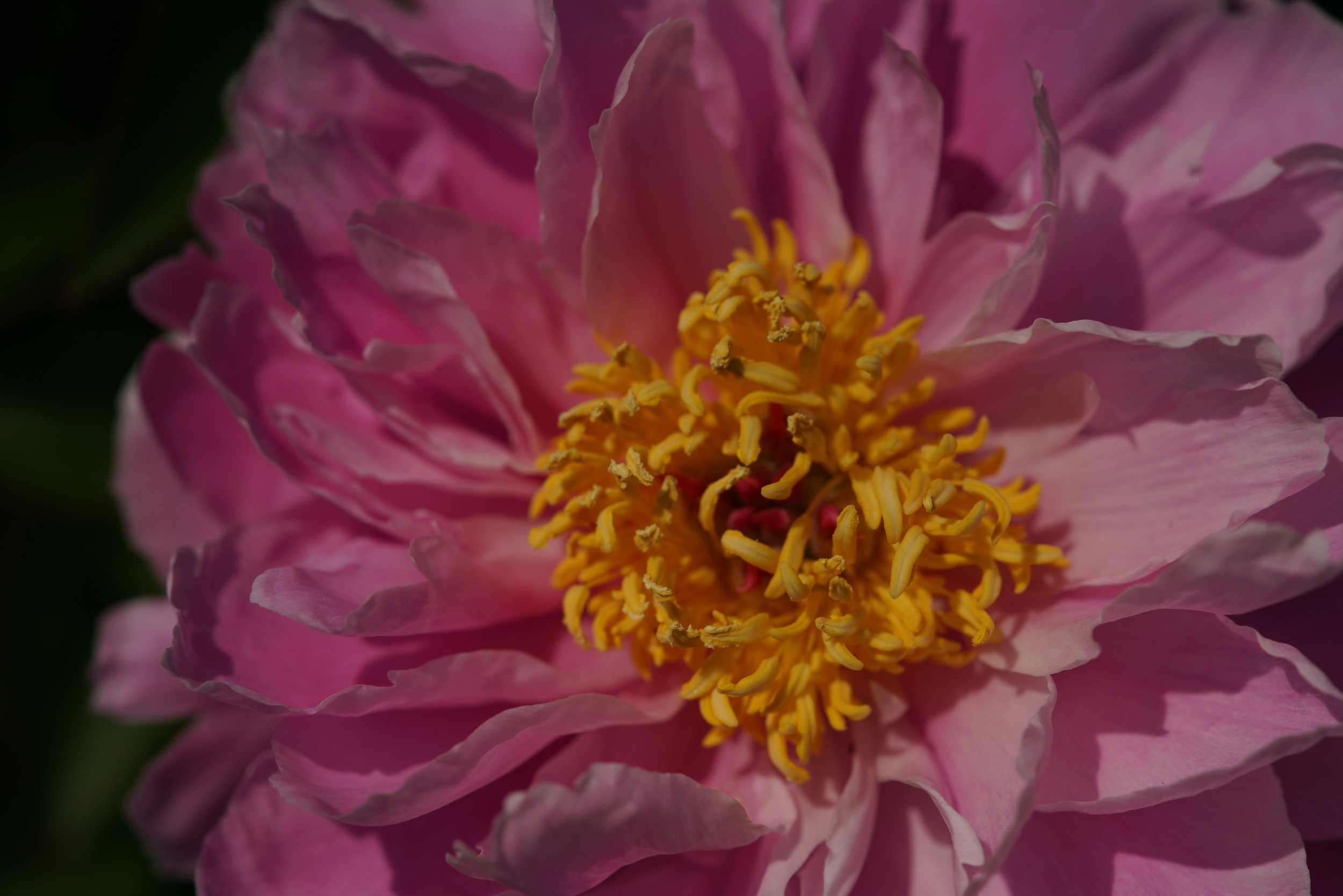
Energy - Emotions - Purpose
Practicing - challenge...sacred calling...eternal frustration...flow
The theme of practicing has emerged this summer. In a recent class, one participant mentioned the word PRACTICE, and the energy shift in the room was palpable. People leaned forward, wanting to share their strategies, their stories, their victories, their battles with self-sabotage, their ways of coping.
Because, as artists, learning to practice our craft is essential, fraught with trial, and abounding with internal and external judgment.
The practice room, our writing desk, the painting studio – wherever you do your creative work can feel like a battleground.
I love the synchronicity of emotional themes that circle in my life, or crop up for me and my sister at the same time, or that show up for multiple clients in a season. (Let's be honest - sometimes I hate the emotional themes in my life, because it means I'm growing and stretching and that's usually painful.)
The theme of practicing has emerged this summer. In a recent class, one participant mentioned the word PRACTICE, and the energy shift in the room was palpable. People leaned forward, wanting to share their strategies, their stories, their victories, their battles with self-sabotage, their ways of coping.
Because, as artists, learning to practice our craft is essential, fraught with trial, and abounding with internal and external judgment.
The practice room, our writing desk, the painting studio – wherever you do your creative work can feel like a battleground.
Let’s take a look at some of the common Parts of a person that might get triggered around practicing:
The Shoulds
“I should be practicing” (said while eating, while watching TV, while taking a nap…)
“I should do it better”
“I should already be better” – this was my most common refrain. Always should be better, always behind.
”I should have practiced yesterday, and the day before, etc.”
This Part clearly has a goal of doing things better, of seeing a vision that is possible, but not yet attained. Thank you for the vision! But often that vision isn’t enough of a motivation, and there is an edge of judgment or Not-Good-Enough involved, creating an unpleasant feeling and resistance.
That resistance might show up as:
Avoidance
See above – eating, watching TV, cleaning the house, answering every last email, taking a nap. This Part will do anything and everything to avoid the job at hand, the thing we care about, working on our craft. Because working at our art is hard, and vulnerable, and we risk public failure, or public success, or public scrutiny. Or being ignored, laughed at, feeling invisible, not being taken seriously. Let’s be real – eating frozen waffles while watching The Great British Baking Show is a lot more fun in the moment. Can you see how the Avoider Part has an intention of avoiding potentially hard feelings of vulnerability, failure, success, fatigue?
Analyzer/Problem Solver
This Part of us is so essential to moving forward, growing, improving. We need the part of us that analyzes and judges and fixes and creates solutions. Having a strong Problem Solver-Analyzer part can save us money, help us trust our own instincts, and just be damn smart and strong. But when that Part of us gets out of balance it leads to more judgment, blame, shame, and just general unpleasantness around the work we love.
This out of balance part is sometimes called:
Inner Critic
Often showing up as a mean, hateful, abusive Part of us, with all nastiness directed inward. The Inner Critic throws our ability to truly assess out of balance. Any little mistake becomes a red flag, red alert, danger zone, terrible, disaster. t the same time, the Inner Critic still has an intention of helping - helping us grow, do better, be better, try harder, etc.
Perfectionism
This is a different flavor of inner criticism, masquerading as a useful and attainable goal. But perfection is not attainable, and striving to reach perfection will always leave us disappointed and frustrated. I'm experiencing this kind of part right now, as I write this newsletter. "Let me review one more time. Let me see if it's sitting right with my gut. Let me adjust one little word here and there. What about the title? What about posting on facebook?".....which is all a great way to avoid actually hitting send. Avoiding making my efforts public. Avoiding judgment.
On the positive side of practicing we get into Flow. We engage the Problem Solver in balance, with curiosity and spaciousness and enjoyment. We have Compassion for our self as we work through the normal Creative process. We have Persistence and Grit. We continue to strive for excellence, and maintain connection to our core values of being an artist.
Identifying and engaging the Parts that derail our process, such as the Critic, the Avoider, the Shoulds, is the first step to returning to balance and finding more of the fun and ease in the practice room and creative process. Because fun, creativity, and productivity are all very possible! Not fighting these Parts of us, but instead looking at them with space and compassion is the ironic, annoying, and sustainable way to creating room for our creative spirit.
Here's a video with more info about dealing with the Inner Critic.
Cheers to practicing your craft!
xoxo
Marta

